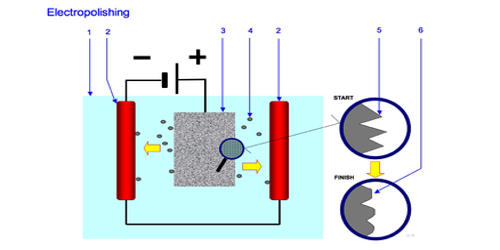Law of Contract
Contingent contract
According to the section 31 of the contract Act 1872, “A Contingent contract is a contract to do or not to do something, if some event, collateral to such contract, does or does not happen.”
A Contingent contract contains a condition promise. A promise is “absolute” or “unconditional” when the promisor undertakes to perform it in any event. A promise is “conditional” when performance is due only if an even, collateral to the contract, dose or does not happen. “Collateral” means “subordinate but from same source, connected but aside from main line.”
Characteristic of Contingent contract
From the above discussion it follows that there are two essential Characteristics of Contingent contracts—–
- The performance of such contracts depends on a Contingency on the happening or non happening of the future event.
- In a Contingent contract, the event must be collateral incidental to the contract.
- The Contingency is uncertain. If the Contingency is bound to happen, the contract is due to be performed in any case and is not therefore a Contingent contract.
Quasi contract
There are certain dealings which are not contracts strictly, though the parties act as if there is a contract. The contract Act specifies the various situations which come within what is called quasi contract.
When one person obtains a benefit at the expense of another and the circumstances are such that he ought, equitably, to pay for it, the law will compel payment, event thought there is no contract between the parties by which payment is promised. The parties will be put in the same position as they would have occupied if there was a contract between them. Such cases are called quasi contract because the relationship between the parties in such cases resembles those created by contract. Sections 68-72 of the contract act describe the cases which are to be deemed quasi contract.
Remedies for Breach of contract
When a contract is breach by any party of the contract. The other party is entitled to get remedies for this breach by the court. The following remedies are available for breach of contract——-
- Rescission of the contract
- Ratification of the contract
- Damages
- Specific performance of contract
- Injunction
- Quantum Meruit
1. Rescission of the contract
When one party to a contract breach the contract the other party is entitled to ratification the contract under section 35-38 of the specific Relief Act 1877.
2. Ratification of the contract
When any contractual document is made with fraud or with mutual mistake and which does not express the real intention of the parties, than the affected party to the contract is entitled to the ratification the contract according to there intention under section 31-34 of the specific Relief Act 1877.
3. Damages
When a contract breached by one party the other party of the contract is entitled to get damages for such breach. The amount of the damages is a question of fact and determine according to circumstance.
4. Specific performance of contract
One of the importances for the breach of contract is specific performance of contract. Here bought parties to the contract are bound to perform there obligation according to contract by the diction of the court. The providing regarding the specific performance of contract is equated by the section 12-30 of the specific Relief Act 1877.
5. Injunction
One of the important remedies for breach of contract is injunction. The providing regarding injunction is equated by the section 52-57 of the specific Relief Act 1877. And the under xlv of the code of civil procedure 1908.
6. Quantum Meruit
The remedies for breach of contract also be given with the rule of “so much remedies as much performance.” It is known as Quantum Meruit by the section 65 of the specific Relief Act 1877.
More Lecture:
















